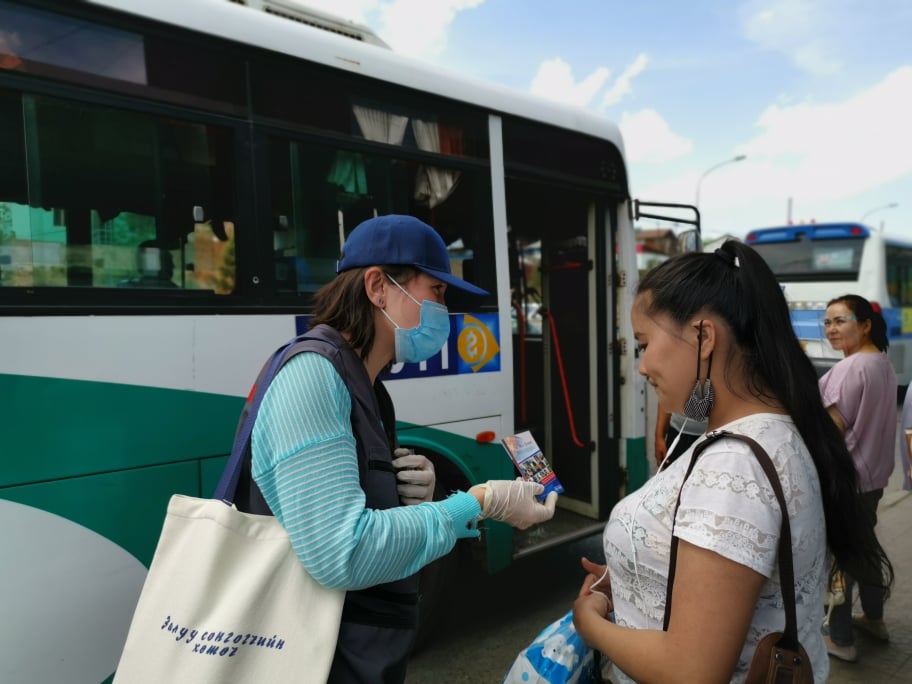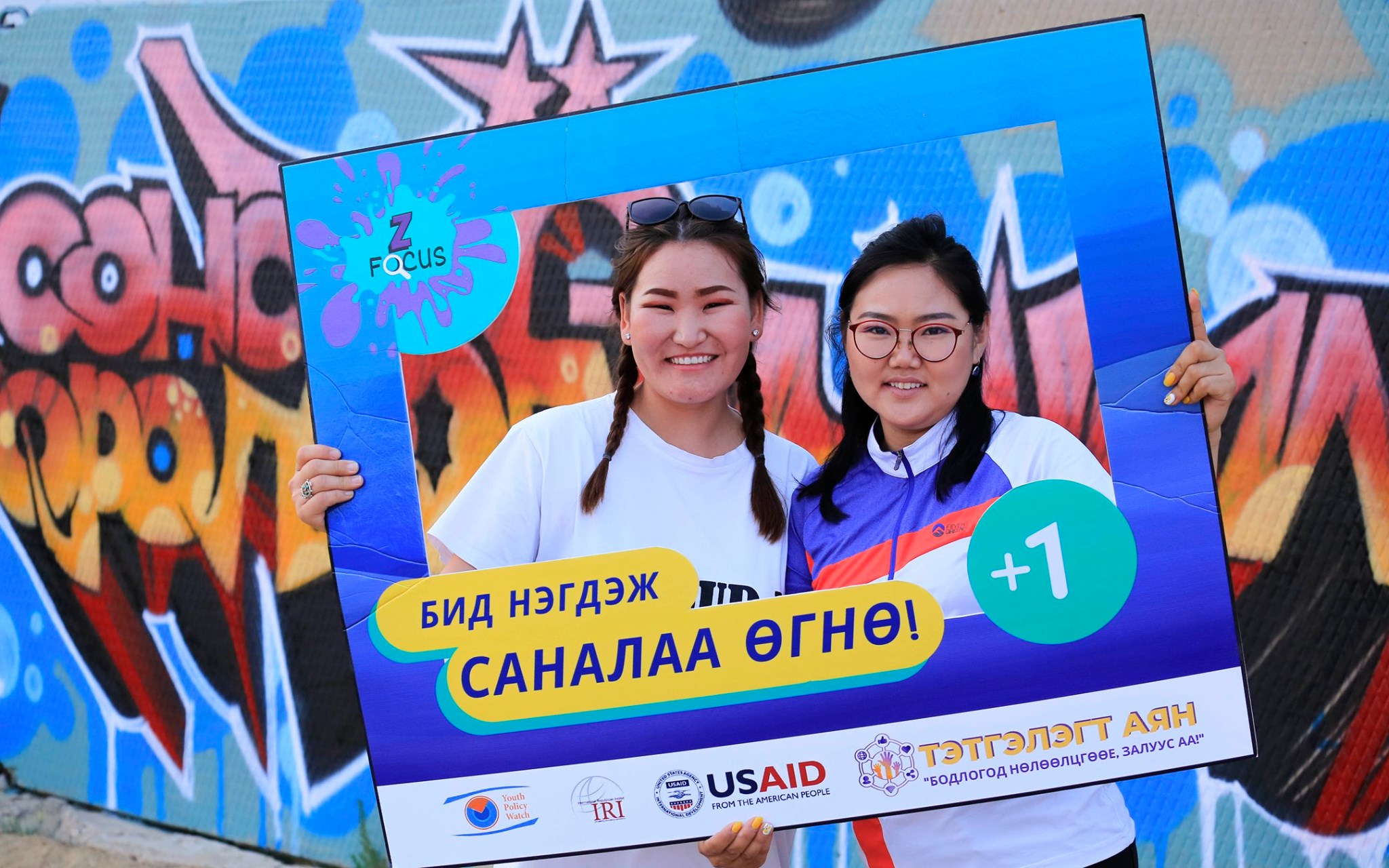
Mongolia has been lauded globally as a democratic success story and as a country that, despite being sandwiched between authoritarian neighbors Russia and China, has consolidated democracratic gains over the past three decades. However, while its peaceful democratic journey is commendable and can shine as a success story in the region, the International Republican Institute’s (IRI) public opinion poll conducted in 2021 revealed that even though there is a strong support for a democratic government, 72 percent of Mongolians feel that ordinary people are unlikely to influence decisions made in the country.
This political apathy was already evident in previous elections; for example, in the 2016 local elections, only three out of ten eligible young voters cast ballots. This low turnout indicates that, in addition to distrust and disengagement, the traditional voter outreach methods were no longer effective in exciting youth about voting. Additionally, the persistence of corruption scandals, the failure of political campaigns to translate promises into tangible results, and the exclusivity of politics have worsened the disillusionment felt by youth about their government’s ability to serve its citizens.

This year, IRI concluded its three-year, USAID-funded “Strengthening Women and Youth Engagement in Electoral and Political Processes” (SWYEEPPM) program that implemented over one hundred activities and reached more than 500,000 people. Under this program, IRI employed innovative “For Youth, By Youth” initiatives that made politics relevant and cool for Mongolian youth. Despite the fact that the program faced COVID-19 pandemic restrictions on many in-person activities, the program conducted nine comprehensive and creative voter education campaigns during three major elections between 2020 and 2021 and garnered more than 26 million views. These viral “get out the vote” (GOTV) campaigns communicated political content and topics that would otherwise have been unattractive for youth. For example, during the 2020 parliamentary elections, youth wore stylish traditional Mongolian clothing when voting, which became a viral social media challenge that drove up the youth vote.

As a result, Mongolia saw a 12% increase in youth voter turnout for the parliamentary elections and a 4.8% increase for local elections. The increased youth voter turnout shattered expectations and challenged the stereotype that youth have no interest in politics. However, focusing solely on increasing youth voter turnout does not sufficiently guarantee political culture that promotes the inclusivity of young Mongolians. In the post-election periods, the SWYEEPPM program promoted meaningful youth engagement that empowered 36 youth-led civil society organizations to hold politicians and political parties accountable for their election and campaign promises. Through these efforts, the youth groups implemented 16 advocacy actions that focused on women and youth priority issues and tracked the fulfillment of campaign promises made by political parties. Within this advocacy, civil society coalitions developed actionable recommendations that were shared with 94 government and political party officials.
Before and beyond the national and local elections in 2024, in order to deter the erosion of trust in Mongolia’s democracy and public institutions, it will be important to fortify these recent civic and democratic gains seen in the higher youth voter turnout and in the sustained youth engagement in post-election politics. Relatedly, in August 2023, USAID and the Government of Mongolia signed a five-year agreement that will advance a “prosperous, secure and resilient Mongolia” and strengthen democratic institutions. Through this commitment and through the continued efforts of IRI and like-minded civil society advocates that work to address critical governance gaps in Mongolia, democracy and politics will become more inclusive and responsive to all citizens’ needs — especially for youth.
Top